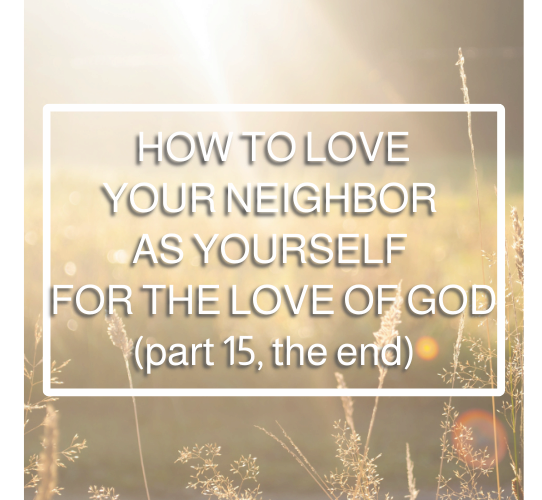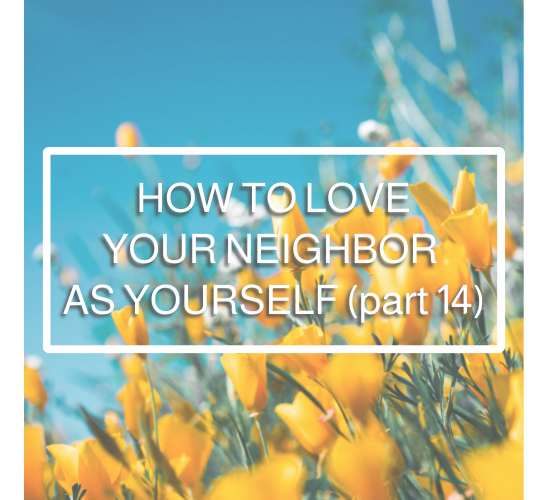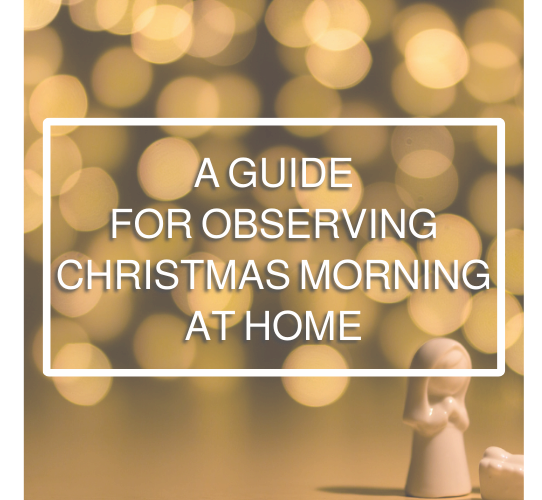Marching to Zion Part 5: Theology Talks Back
Read time: 2m 56s
Read Deuteronomy 1:19-33
Intro: Previously we’ve heard from Moses how the Lord had called the people to journey into the Promised Land (1:7). They were to “see…go in and take possession” of God's blessings.
To accommodate the blessings they had received, and to anticipate those God was going to give, Moses disperses authority—from thousands down to tens—so that the blessings of God didn’t become a burden.
Then the story takes a sad turn. They come to the Promised Land. But the journey of Grace, into the goodness of God, ends abruptly. They are afraid and full of dread.
Moses begins to talk back, in v. 29. He answers Dread and Fear with Theology. We began looking at his answer last week, and now we continue: Part 5, Theology Talks Back
The third thing Moses says about God is that He is the one “…who goes before you…” This is not just a reference to space, but time. God goes before us, into the future: “C’mon, Marty!” The future is the place of Fear, the unknown; it's ominous. But not for the believer. What does the future hold? The work of God. He has already been there.
And fourth, Moses points out that God “…will Himself fight for you, just as He did for you in Egypt before your eyes…” That God is with us as a Shepherd does not imply that He is meek. Rather the opposite. We’re His flock. The rod He wields is not for us but for our enemies, the wolves and lions. What the future holds is not a fat, lazy, god philosophizing on the expediency of allowing various evils, etc., but a Fighter, the Lord of Hosts, armed, facing the future and all its fears. For us.
Fifth, Moses continues, “…and in the wilderness, where you have seen how the LORD your God carried you, as a man carries his son, all the way that you went until you came to this place.” Could Moses describe God’s relationship with us in more intimate terms? God is not the God of His people only, but of you. When was the last time you carried your son? Wasn’t it when he was very little and helpless, or injured and unable to move? And your thoughts were only of his welfare. Your strength was wrapped around him. Your heart was there, in your arms. And what’s more, in that culture, it was not only love, but a sense of glory, that engulfed the father-son relationship: the son would carry your name, inherit your trade, and steward your life soon. What love the Father loves us with is not merely the love of a fatherly-creator, looking down on His own with tenderness, but of a passionate advocate, delighting in the safe-keeping and success of His son.
So when we hear Dread and Fear talking to us of our pasts and our futures, we must not sit there and take it. We must argue. We must talk back. We must say, "Bologna!"
We do not fear the future. We do not ache with dread. We stride forth. We follow the Fighter-King, the Father-God, into a future that, for Him, is a history revealing His glory.
He goes before us. He faces our fears. He carries us. He is in three places at once, as it were. There, up ahead; Here, at our side; and also Beneath us, always. To the place Dread and Fear want to drag us, our God is. Don't be afraid. Let's go.
Photo by Dino Reichmuth on Unsplash











